Decade Disruptors: The 10 Most Influential British TV Shows Of The 2010s

Click here to read the full article.
They say that we live in a golden age of television — and it’s a well-worn phrase that is certainly borne out in the quality of British shows that have landed on our screens over the past 10 years. There are standout hits to choose from across genres, and the decade culminated with UK television exports exploding to a record high of £1.4 billion ($1.8 billion).
It made Deadline’s task of picking 10 of the most influential shows a difficult undertaking, but we have pulled together a list that reflects a cross-section of hits and hopefully features something for everyone.
More from Deadline
The British Invasion: Ten Rising TV Scribes To Watch Out For In 2020
Disruptor Of The Decade: How Streaming Changed Everything And Will Do It Again In The 2020s
We have taken influential to mean a number of things: It represents the cultural impact of a program, its star-making power, awards and international success, as well as the role the show played in shaping the industry or changing viewer behavior.
Scroll down for Deadline’s list of 10 most influential British shows of the decade, ranked in alphabetical order.
Black Mirror

Black Mirror began life on UK broadcaster Channel 4 in 2011, and it was clear right from the first episode, in which Rory Kinnear’s British prime minister is tricked into having sex with a pig, that the show would offer a sharply observed, zeitgeisty look at a dystopian modern world.
Charlie Brooker’s anthology drama ran for two seasons on Channel 4 before it was poached by Netflix in a move that came to symbolize the rising power of the streamers and the creative excellence of British writers. His fifth season this year continued to be provocative, while 2018’s choose-your-own-adventure episode Bandersnatch was unlike anything done on TV before.
Then there’s the small matter of Brooker’s art predicting life. He has described Black Mirror as him cascading his anxieties on to the screen — and his worries have creepily foreshadowed reality on a number of occasions. Hayley Atwell’s reanimated dead boyfriend in Be Right Back can be seen in a number of afterlife chatbots now on the market, while Nosedive is eerily reminiscent of China’s social credits system.
Produced by Brooker’s House of Tomorrow, Black Mirror is an essential companion for our tech-addled minds, and its quality, range and authorial voice means it’s quite unlike any other drama on television.
Blue Planet II

It has been a remarkable decade for BBC natural history programming, meaning there was an embarrassment of riches to choose from when it came to picking a candidate for our list of the most influential shows of the decade.
Planet Earth II in 2016 was a towering achievement, giving us staggering sequences like lions hunting giraffes and racer snakes warring with baby iguanas. This year’s Seven Worlds, One Planet innovated with drones to capture incredible footage from the animal kingdom.
But it was Blue Planet II that may have has the most lasting impact on viewers. Its depiction of how plastic waste is polluting the world’s oceans and damaging wildlife stunned audiences, who watched in horror as David Attenborough linked the death of a whale calf to toxic chemicals in the ocean. The show has been a catalyst for families reducing their plastic footprint, businesses pledging to cut their dependency on the material, and for governments to take more strident action on single-use plastics.
“I’ve been absolutely astonished at the result that that program has had,” Attenborough said of the BBC Studios series. “I never imagined there would be quite so many of you who would be inspired to want change.”
Downton Abbey
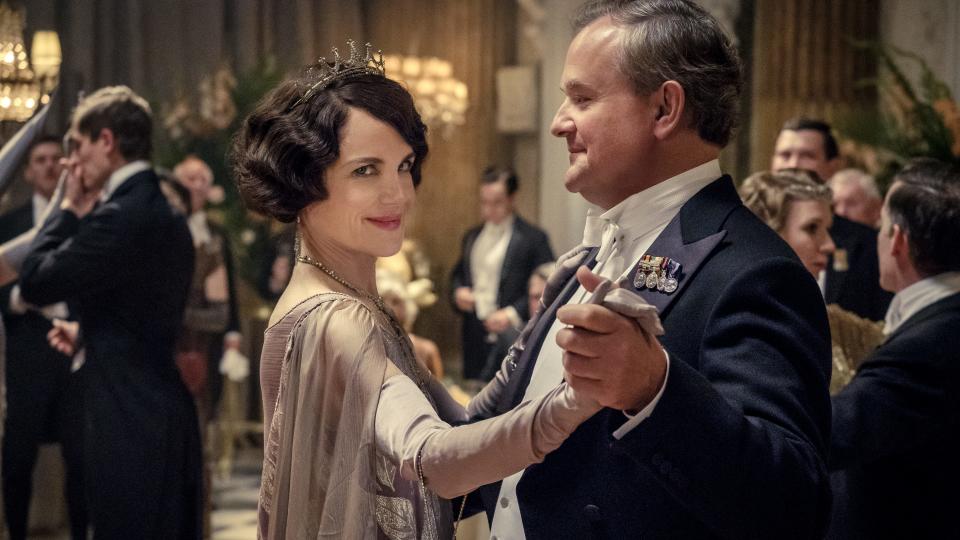
Downton Abbey changed everything for British drama producers, catapulting writers and production talent onto a global stage where their work became as lucrative and revered as U.S. counterparts.
Julian Fellowes’ story of the aristocratic Crawley family was an instant hit when it launched on Britain’s ITV in 2010, becoming an appointment to view for 10 million people. Producer Carnival Films’ parent company NBCUniversal deficit-financed the show and struck a co-production deal with PBS. It then demanded international buyers pay the same for Downton as they did for Fox show House.
Carnival CEO Gareth Neame told Deadline in September that this was a “revolution” that paved the way for other shows. “I don’t think there’s any question that The Crown happened as a result of the doors that Downton Abbey opened and demonstrated that those stories can be immensely popular to American and global audiences,” he said.
As well as the business story, Downton had a huge cultural impact over the course of its six seasons, spawning a successful film, creating Hollywood stars out of the likes of Lily James, and even making a cameo in Iron Man 3.
Fleabag
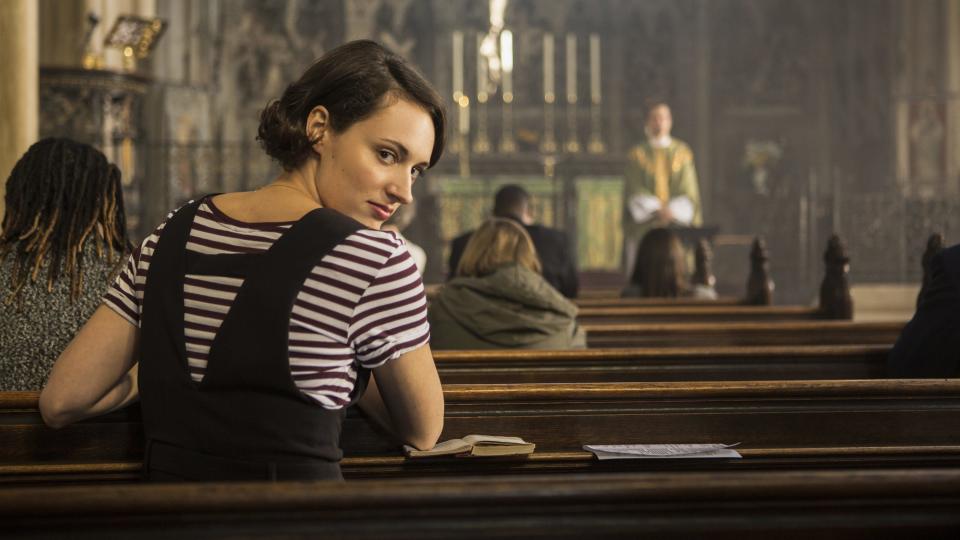
As Phoebe Waller-Bridge has become the darling of Hollywood, carrying armfuls of awards, striking iconic poses at Emmys parties, and landing a huge exclusive deal with Amazon, it’s important to remember the humble beginnings of Fleabag.
The comedy started as an Edinburgh play and was first commissioned for TV by the BBC’s online-only channel BBC Three in 2016. “’I can’t believe they’ve let me do this,” Waller-Bridge said at the time. A year later, the Two Brothers Pictures show exploded on to British screens, with its story of a gobby, grief-riddled woman electrifying audiences.
But it wasn’t until Fleabag’s second season this year that the show went stratospheric. Waller-Bridge was riding Killing Eve’s wave of success, and Fleabag’s cast had grown in stature, notably boasting the now-Oscar-winning actress Olivia Colman. All the while, the same spirit of authorship and authenticity ran through the show.
Three years ago, the BBC’s comedy controller Shane Allen said Waller-Bridge was “destined for great things.” Even he could not have predicted just how great.
Gogglebox
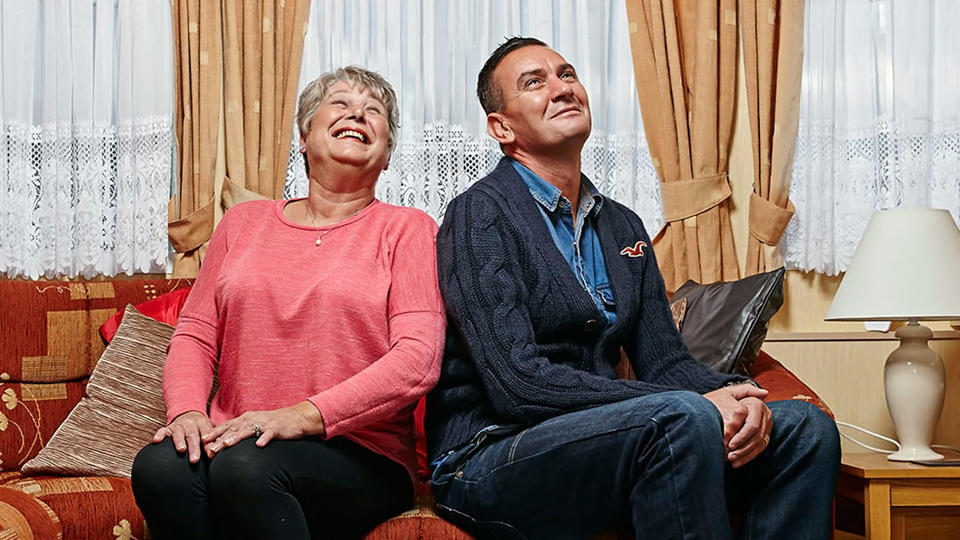
A TV show about people watching TV. The idea seemed completely laughable and, after an unconvincing first series of Gogglebox in 2013 on Channel 4, knives were being sharpened by critics. Channel 4, however, stuck with the Studio Lambert format and audiences immediately climbed for the second season.
Seven years on, Gogglebox remains an essential fixture on Channel 4, with the regular show and celebrity spinoff playing a big role in the network growing its audience in 2019. Turns out watching people watch TV can provide real moments of hilarity and pathos, while the show’s cast have grown with their audience, becoming sofa companions for millions.
The show won a BAFTA in 2014 and the format has been sold to 17 countries around the world including China and the U.S., where it became The People’s Couch on Bravo.
Love Island

Yes, Love Island is a reboot of a show not of this decade, but it was a shot in the arm for British reality television that cannot be ignored. Repurposed in 2015 with normal people instead of celebrities, and shorn of the tired contrived tricks of Big Brother, Love Island has become nothing short of a juggernaut for ITV2.
Its mixture of scantily-clad wannabes looking for love, nightly romantic drama, and Iain Stirling’s acerbic voice-over has won the ITV Studios-produced format audiences in the millions and a virality that most would dream of. It also took home a BAFTA in 2018.
Love Island has many detractors and its duty of care standards for contestants has prompted questions after two former participants died by suicide. But that has not quelled audience interest, and ITV is doubling down on the show next year with winter and summer editions.
Love Island has also traveled well for ITV Studios, with CBS remaking the show in the U.S. this year. A second season is planned for 2020.
Sherlock

Sherlock had an unusual start to life when the BBC piloted and then scrapped an hourlong episode of Steven Moffat and Mark Gatiss’ contemporary reimagining of Arthur Conan Doyle’s famous detective. Hartswood Films’ drama was transformed into a longer more ambitious series, and it turned out to be entirely the right call as the retelling of an old classic captured the imagination of viewers as soon as it landed in July 2010.
Sherlock ran for four seasons and turned its lead Benedict Cumberbatch into a global megastar, while Martin Freeman, who played Sherlock Holmes’ trusty sidekick Watson, was also catapulted to Hollywood fame, going on to play Bilbo Baggins in The Hobbit franchise. It also brought fresh life to that most well-trodden of TV tropes: the detective series, with lovingly-crafted plot-lines full of Easter eggs for Conan Doyle enthusiasts and a contemporary twist that allowed audiences to revel in the uniqueness of Sherlock’s mind.
The Crown
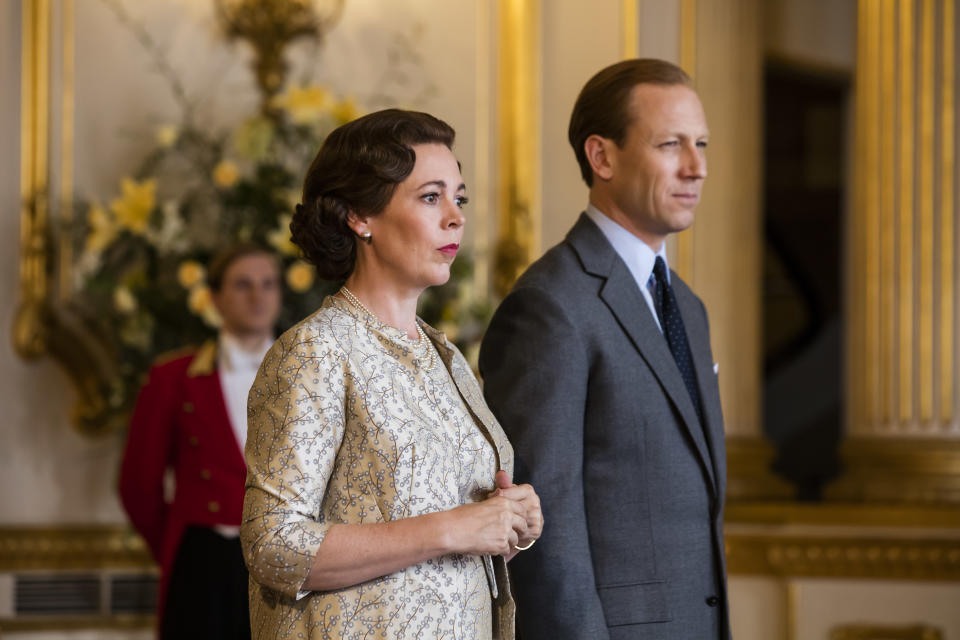
If Downton Abbey opened the door for a new era of global British drama, then The Crown blew the door off its hinges. Producer Left Bank Pictures took the unusual step of pitching the show to the BBC, ITV and Netflix almost simultaneously, and it was, of course, the latter that swooped.
Peter Morgan’s story of the life of Queen Elizabeth II has become one of the streamer’s defining hits and sparked a goldrush for British content that has seen Netflix spend $500 million in the UK this year. Claire Foy’s depiction of the Queen has launched her into the embrace of Hollywood, while her successor Olivia Colman helped ensure Season 3 secured a record number of Golden Globe nominations.
The show has reinvigorated people’s fascination with the British royal family around the world and Netflix loves the drama so much it has tied down Morgan on an exclusive deal, which should take The Crown into its sixth season.
The Great British Bake Off
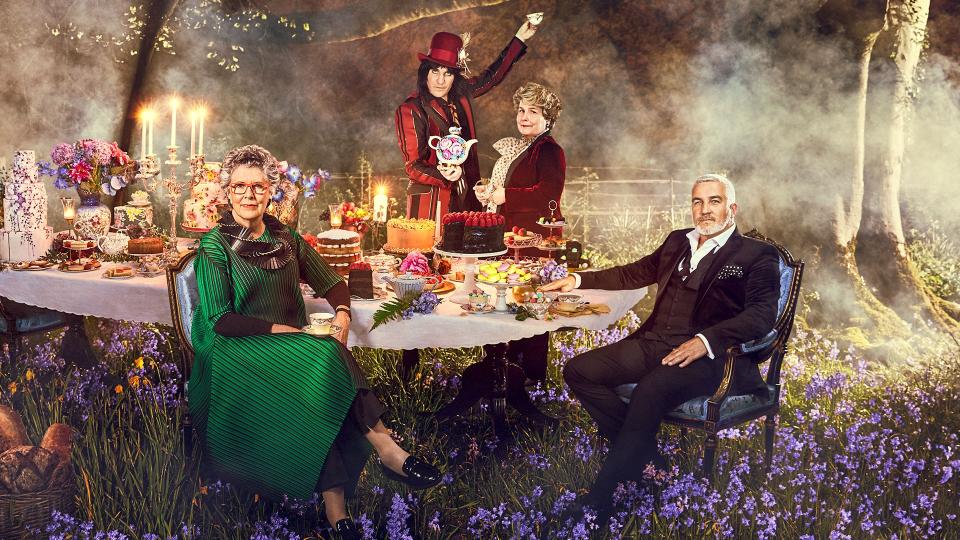
The Great British Bake Off began life in 2010 as a cozy little baking program tucked away on BBC Two. Like a majestic souffle though, it rose to become the biggest show on British television and a recipe for adaptations across the world.
Bake Off worked because so many of its key ingredients just sung from the screen, from the effervescent hosting of Mel Giedroyc and Sue Perkins; to the ingenious casting of insanely talented but humble bakers; the hypnotic shots of mixing, icing, molding magnificent baked creations; the show’s signature double entendres like “soggy bottom”; and the good-cop/bad-cop judging of Mary Berry and Paul Hollywood.
The show dazzled on the BBC, moving up the BBC Two nursery slope to BBC One, where it became the most-watched TV program of 2016 when 16 million viewers tuned in for that year’s finale. But then the unthinkable happened for the BBC: its relationship with producer Love Productions broke down and Channel 4 poached the show in September 2016.
Giedroyc, Perkins and Berry all left, replaced by new judge Prue Leith and hosts Noel Fielding and Sandi Toksvig. Although audiences declined because Bake Off was no longer on BBC One, it is Channel 4’s biggest show and remains much-loved by loyal viewers.
The Only Way Is Essex
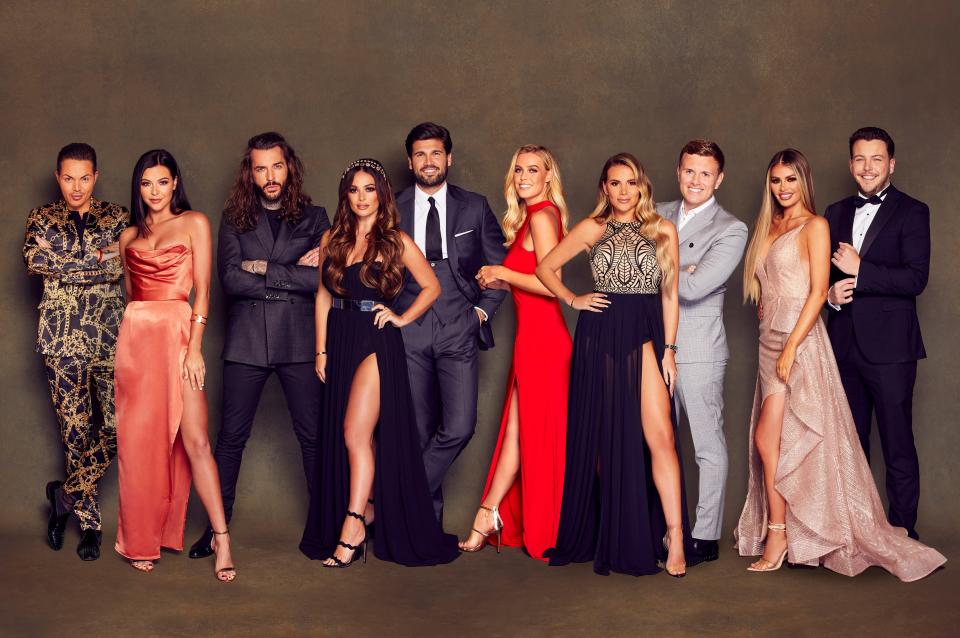
The Only Way Is Essex, or TOWIE as it is affectionately known, might seem like a left-field choice for one of the most influential shows of the decade, but it makes our list for kickstarting a new genre of television in the UK.
TOWIE was Britain’s answer to America’s The Hills and Jersey Shore, a constructed reality show that was equal parts documentary and scripted soap opera. Produced by All3Media’s Lime Pictures, the show premiered in 2010 on ITV2, spotlighting the lives of an affluent group of young people from Essex. Nearly 10 years on, the show is still going on ITV channel ITV Be.
TOWIE gave Britain celebrities including Mark Wright and Gemma Collins, and would inspire a long list of copycat shows, most notably E4’s Made In Chelsea and Geordie Shore over on MTV. It even inspired BAFTA to create a constructed reality category for its TV awards.
The tropes of this style of TV production, in which contributors are thrown into situations devised by producers, are now so familiar that they are woven into the fabric of most reality shows.
Best of Deadline
Stan Lee's Legacy: Ranking The Hollywood Heroes Co-Created By The Marvel Comics Icon
Disney-Fox Deal: How It Ranks Among Biggest All-Time Media Mergers
Sign up for Deadline's Newsletter. For the latest news, follow us on Facebook, Twitter, and Instagram.
